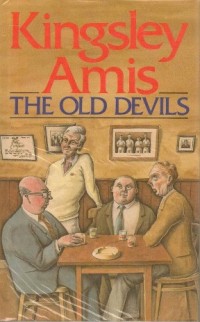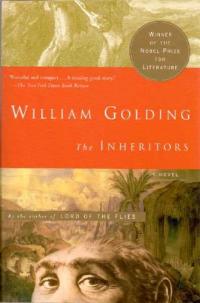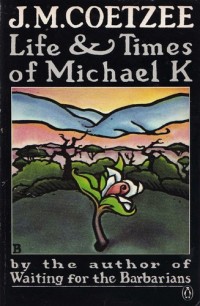Most Secret by Nevil Shute
 Friday, February 25, 2011 at 11:49PM
Friday, February 25, 2011 at 11:49PM 
First published in 1945
Nevil Shute is one of my favorite writers. Although he's best known for two fine novels -- A Town Like Alice and On the Beach -- he produced a number of other gems during his prolific career. Most Secret is one of them.
War plays a role, large or small, in many of Shute's novels. Most Secret was first published in 1945; the action begins in 1941. Bombs are raining down on London and England is fully engaged in the war. Three of the four main characters are in the Royal Navy. They devise and carry out an ingenious plan to attack a German ship off the coast of France. But while Most Secret can be accurately categorized as a war story, it's much more than that. Shute is one of the few writers who successfully blended character-oriented fiction with a plot-driven story. Ultimately, he wrote about people; not just their actions, but the impact those actions had on their lives. War has tragic consequences; death and sorrow are usually present in Shute's novels. It's difficult to read them with dry eyes. That's certainly true of Most Secret.
I don't need to like the characters in order to enjoy a novel, but that's never an issue with Nevil Shute. He nearly always wrote about decent, likable people who cope with catastrophe with their dignity intact. Most Secret introduces the reader to Oliver Boden, the carefree son of a wool-spinner, who marries his childhood sweetheart shortly before joining the Navy, the natural outgrowth of his love of sailing. Boden teams with Michael Rhodes, a shy, awkward young chemist whose best friend before joining the Navy and falling in love with a Leading Wren is a misbehaving dog. The Labrador makes only a brief appearance, albeit a pivotal one in Rhodes' character development. The third actor in the plot against the Germans is Charles Simon, a young British citizen whose mother was French and who is working as an engineer for a French concrete manufacturer when the war starts. As a civilian, Simon provides vital intelligence to the British about the German occupation of a French harbor before he's rewarded with a commission to the Royal Engineers. A former rum-runner named John Colvin signs onto the mission as navigator. Their joint venture is narrated by Commander Martin, who oversees the mission but generally stays in the background.
Most Secret has something for every reader: a wartime adventure that eventually develops the pace and tension of a thriller; a story of blossoming love and another of a love left behind; a series of character studies; a spy story; a survival adventure; an exploration of differing philosophies of life and war; an inspirational saga of courage and self-sacrifice. It has tenderness and tragedy and unforgettable characters. Most of all, it is a powerful, moving, heart-felt tale told in the quiet, unassuming prose that marked Shute's style. Most Secret is just as compelling now as it was when Shute wrote it.
RECOMMENDED




